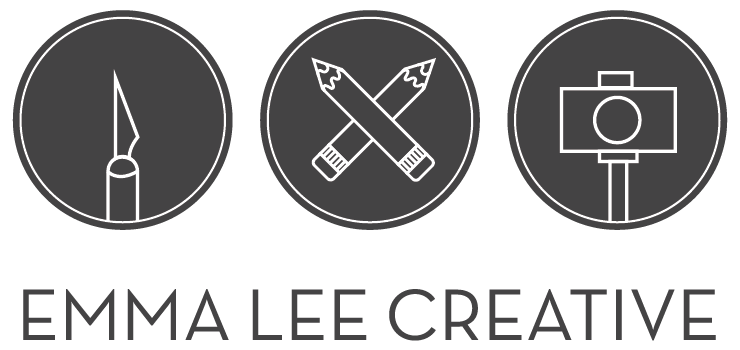Photographers do invasive work. Like many creatives, we possess an uncanny ability to see things about people that they don't know they are revealing. Sometimes we see what they are trying to hide, other times we see the signs of tension that signal discomfort. If there are no physical signs of tension, this vulnerability usually outs itself in the form of your subject saying something like, "I'm not photogenic," or, "I'm so awkward in front of the camera." Whatever way it shows itself, being a human subject is a much more vulnerable thing than we often realize.
JOHN
Occasionally, an image comes easy, for the photographer anyway. John was one such case. From the moment I met him, I had this shot in mind. One glance at his attire, his tattoos, or his beard may leave one with the impression of a somewhat gruff man well-seasoned by life, but upon talking to him, it doesn't take long to be drawn into a gentle warmth that melts away any perception of gruffness. This was immediately clear to me, and within minutes of meeting him, I decided that this was the shot I needed to take.
Having this vision for the shot weeks ahead of time was invaluable. When I went to take it, I knew exactly how to set up the shot. When he uttered that confession of vulnerability, followed by an "I don't know what to do. What do you want me to do?", I confidently directed him to cross his arms, and not smile. When a photographer takes a confident lead like that, the tension of vulnerability breaks. The subject gains confidence that even though they are out of their comfort zone, the photographer is going to make them look good. Having a strong vision not only makes for brilliant images, but it reduces the amount of time spent taking the shot. A subject who isn't comfortable being photographed will appreciate this.
JOSEF
Josef was an interesting man to have on the other side of the lens. He's colorfully complex, which made approaching the shoot with a vision somewhat difficult. There were so many facets of him I could have emphasized. The night I shot his portrait, he was dressed well, and looked ready to shine for me, but the minute I asked him for a photo, I could feel the tension well up. He seemed reluctant, and slightly impatient, adamantly professing how un-photogenic he is. After giving him a few sets of vague directions, I began feeling tense, and I knew that would make for an awkward photo. Knowing that this shot was off to an uncomfortable start, I resorted to an old distraction technique which I tend to rely on when a subject is fighting being seen, and I need to evoke emotion: introducing something new into the situation. I put down the camera for a second and marched right up into his personal space. I rested my hands firmly on his upper arms and gently guided him to where I needed him to be. (Never get in someone’s personal space like this without consent or the relationship to know that it’s okay.) At this point in my working relationship with Gareth, I had never had physical contact with him. For a split second, his attention was less on his discomfort and more on what I was doing in his bubble. From there, I offered a compliment that bordered on flirting, and he cracked a genuine smile. I nailed the shot, and even though there was nothing special about it from a technical or aesthetic standpoint, it was one of my best shots because of what I was able to accomplish with an uncomfortable subject.
Photographing both of these gentlemen was both a challenge and a privilege. With John, I had a clear vision for what I was going to shoot, but I'm well aware that things don't always fall into place the way I need them to, and I knew I was only going to have about five minutes and one chance to get that shot. Josef tasked me with setting his mind at ease, and peering deeper into what was behind those adamant proclamations of "I'm not photogenic!" and adapt to that. The challenge always comes when a photographer meets their subject in a vulnerable place and they have to honor that space while taking advantage of it to create a beautiful image.


